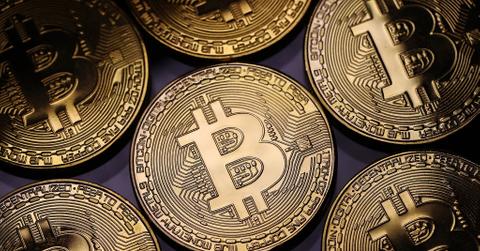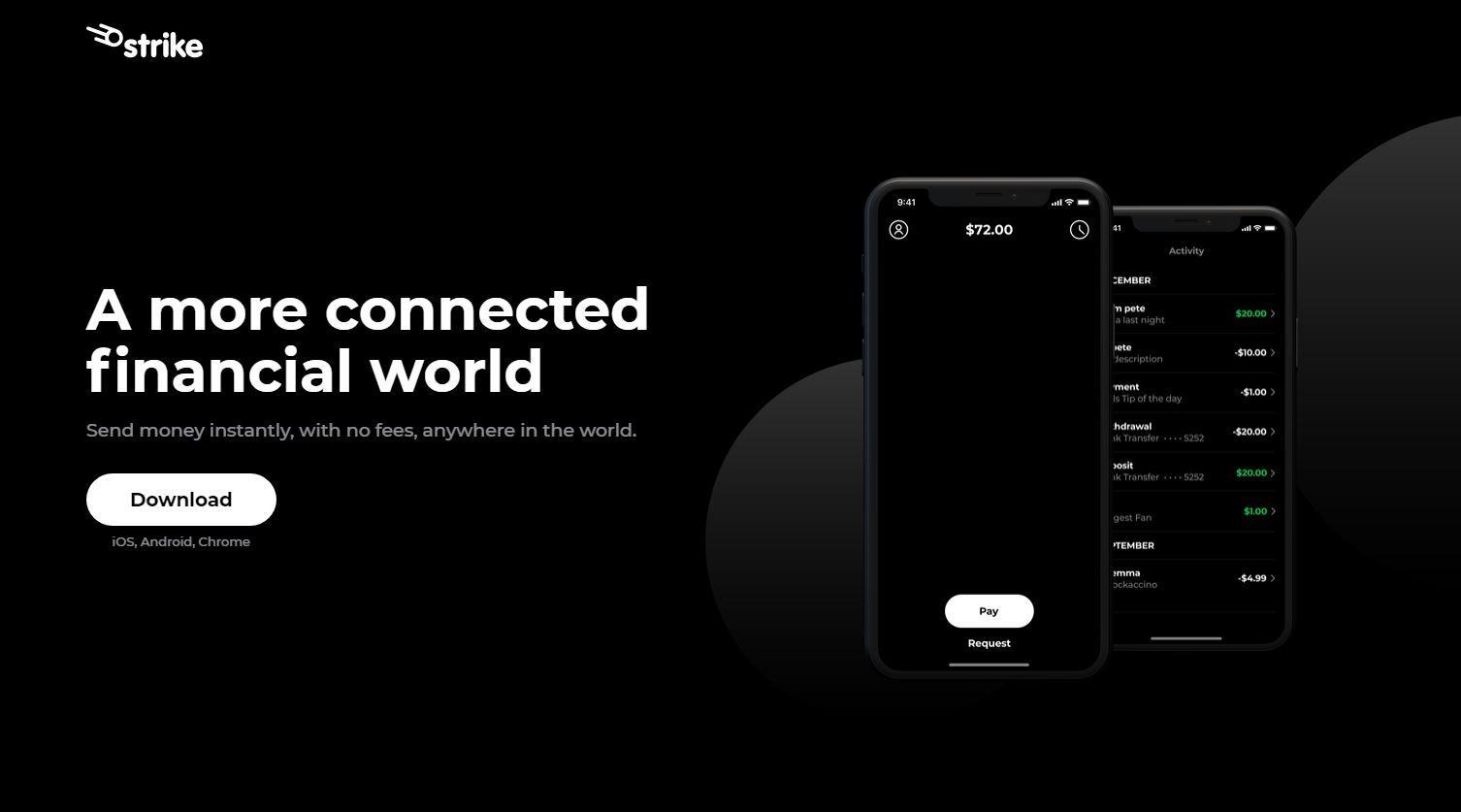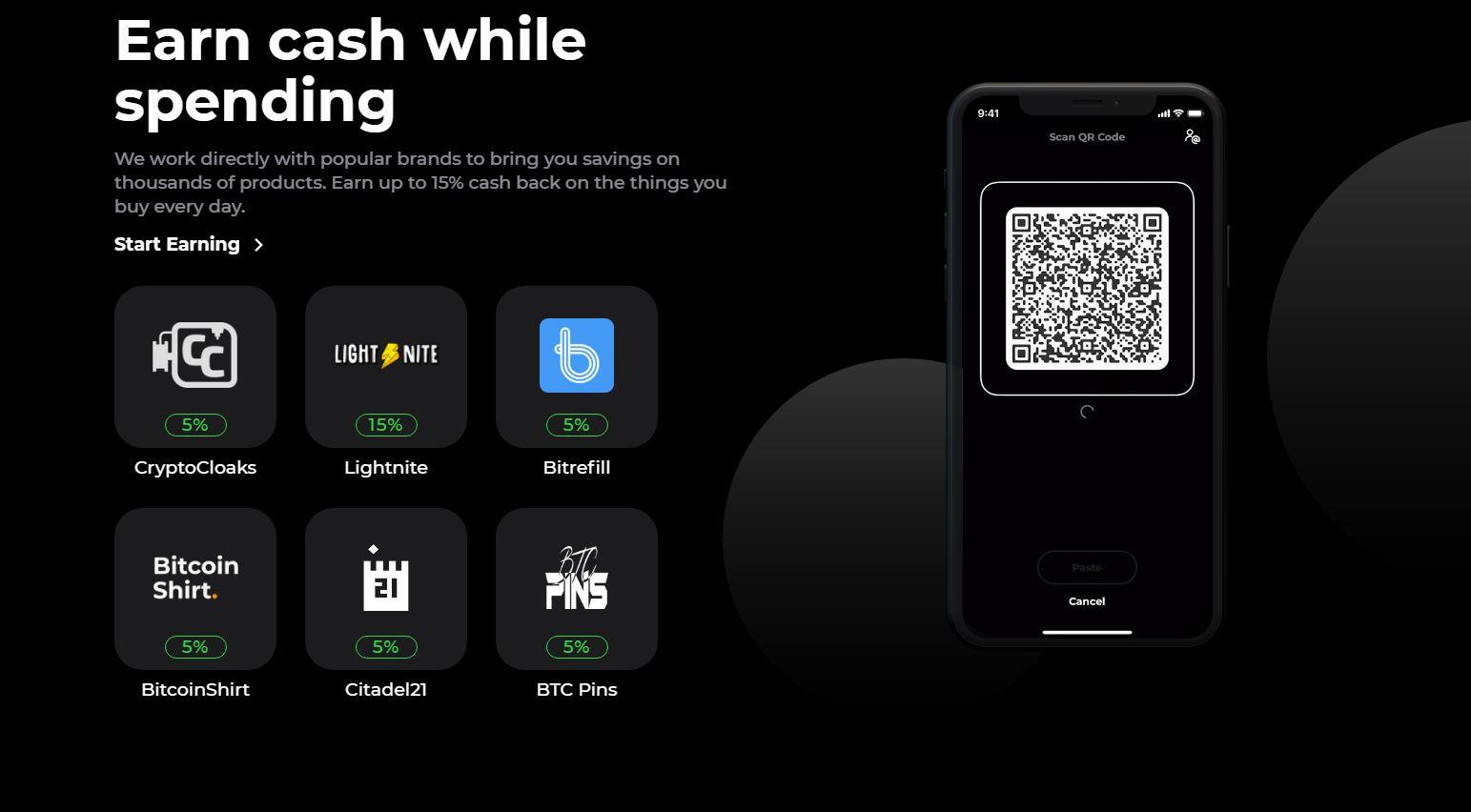El Salvador Partners With Bitcoin App Strike
The president of El Salvador announced that his country will work with popular Bitcoin app Strike to develop the country's financial infrastructure.
June 10 2021, Published 4:36 a.m. ET

Cryptocurrency markets cheered as El Salvador announced it would be the first country in the world to adopt Bitcoin as legal tender. People are now wondering which countries could be next. While using a cryptocurrency as legal tender poses some technical challenges, El Salvador confirmed that it’s working with digital wallet developer Strike to build the financial infrastructure needed to make this a reality.
Here’s why El Salvador chose Strike over other blockchain companies that could offer a similar service, as well as what this means for the blockchain ecosystem.
El Salvador’s bitcoin announcement
El Salvadoran president Nayib Bukele made his Bitcoin announcement in a video broadcast during Bitcoin 2021, a massive, multiday cryptocurrency conference being held in Miami. Not only did he say his country would make Bitcoin legal tender, but also that he would overhaul his country’s financial infrastructure by using blockchain technology. The stance is in stark contrast to that of other countries, like Turkey.

Countries around the world will be watching how El Salvador integrates cryptocurrency payments. If the move proves successful, we could see other nations accept Bitcoin as legal tender as well.
Unlike many other countries, El Salvador is largely a cash economy. Around 70 percent of its population doesn’t have a bank account or credit card. Instead, people use cash, and remittance payments account for a massive portion of El Salvador’s GDP. Since remittance service providers charge very high fees for international transfers, it’s not surprising that El Salvador is considering a blockchain-powered solution.
What's Strike?
Strike is not just a digital wallet but also a way for people to send money anywhere in the world. Instead of relying on traditional remittance services, which can charge up to 10 percent fees for cross-border transactions, Strike uses faster, less expensive blockchain technology.

This is a big deal for the developing world, where bank accounts are uncommon but most people have phones. Strike works as a smartphone app that you can download. After scanning a QR code, you can send Bitcoin to anyone in just seconds.
Strike and El Salvador
Strike CEO Jack Maller was one of several blockchain leaders that the El Salvadoran government consulted to develop its financial infrastructure. According to CNBC, he called the announcement the “shot heard ‘round the world for bitcoin.”
This isn’t the first time the blockchain company is working in the country—Strike launched its mobile payment app in El Salvador in Mar. 2021. Since then, it’s become the country's number one downloaded app, showing there’s genuine demand for this kind of service.
What does El Salvador's Bitcoin move mean for the world?
Although other developing countries might take a similar model, G8 countries may take a different approach. Both the United States and China have flirted with the idea of a centralized digital currency pegged to the value of their respective fiat currencies.
